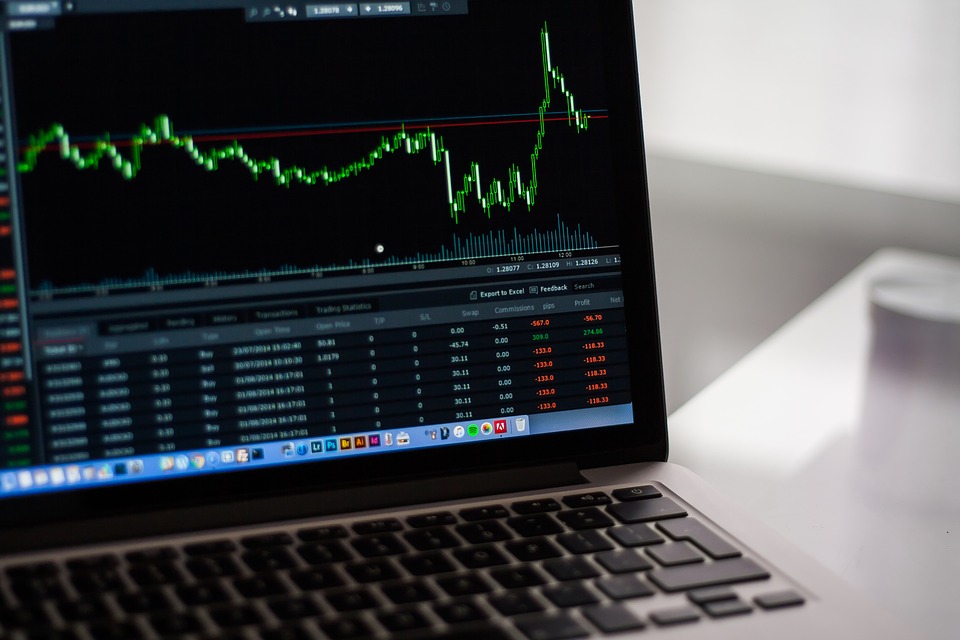Swissquote: Tech stocks lead gains as energy lags
Swissquote: Tech stocks lead gains as energy lags

By Ipek Ozkardeskaya, Senior Analyst, Swissquote
Major US indices closed Tuesday’s session near flat. Technology stocks led gains, while energy stocks bottomed hinting that inflation was not the major driver behind yesterday’s lack of appetite.
Oil remained stable near $65 per barrel for US crude and a touch below $70 for Brent, even after the API data showed a softer drop in US crude inventories last week, hinting that the demand was not as strong as analysts expected. The more official EIA data due today could also remain short of the market expectation of a million-barrel drop in last week’s inventories and keep the bulls’ appetite contained at the current levels. There is clear a loss of enthusiasm into the $70 per barrel, and that’s probably due to new rising concerns about the Covid contagion and prospects of delay in global economic recovery. But for many long-term investors, the price pullbacks in oil and energy stocks mean opportunity for strengthening long positions for a certainly necessary inflation-hedge and reflation play. We should see a solid support in US crude near the $62 per barrel level, the 50-day moving average which has so far acted as a buy trigger for oil bulls over the past two months.
Globally speaking, with a mixed set of soft and encouraging data from the US, there is no apparent reason for taking a broader bearish view, and activity in US futures hint that the sentiment could be improved at today’s session. Inflation worries are still on the back of average investor’s mind, but the Fed officials’ frequently repeated comments that the ‘rising inflation won’t last long’ has a hypnotizing and a soothing effect on the sentiment. Therefore, the expectation of a robust GDP figure from the US on Thursday should keep the bulls in charge of the market.
Sector-wise, it’s become hard to tell which sectors would outperform into and after the US GDP report. A robust growth is good news for recovery, obviously, but it’s bad news for the inflationary pressures, as an improved economic activity also means a higher positive pressure on price levels. Therefore, in theory, the industrial, energy and mining stocks should do better than their tech peers. But this is not the trend we see into the GDP report. Nasdaq is better bid, on the contrary. Reflation is the major recovery play, but investors’ love for the tech stocks – and their appetizing growth potential, is hard to contain.
In commodities, the higher inflation setup is a boost for gold which finally is drilling above the $1900 per oz resistance. Soft US yields continue giving a decent support to the gold bulls, as inflation worries and perhaps the recent crypto rout drove some more capital into the yellow metal recently. But there are signs that a downside correction may be just around the corner, as the RSI indicator now points at overbought market conditions, meaning that gold may have been bought too fast in a too short period of time. The question is whether investors would pile in during the future price pullbacks targeting a further extension of gains toward the $2000 handle? US yields will perhaps play an important role in the medium-term gold appetite. Actually, we have a material rise in inflation and soft US yields. If this situation reverses, and we start seeing a softer inflation combined wit rising US yields on prospects of a tighter Fed policy, then gold may not find enough strength to push to and above the $2000 level.
In company news, Amazon was sued for engaging in anticompetitive practices, preventing sellers from selling their products at lower prices on rival platforms. The latter practice gives way to an artificial increase in consumer prices - that’s something no one wants to hear nowadays, as we are already struggling with the rising inflation worries. News is not good, but realistically, this is not the first nor the last antitrust allegation against Amazon. Similar allegations against Alphabet, Apple and Facebook didn’t have a dramatic impact on these companies’ share prices, other than giving a short window of opportunity for entering these stocks at lower prices. For Amazon, we’ve seen the same behavior yesterday: the stock price came under pressure, then rebounded comfortably. We’ll continue seeing these cases on the way, as per the nature of the business, these companies are poised to grow giant. It’s the same principal than the natural monopolies: costs diminish as the business grows. Above a certain size, the big tech companies could only become increasingly powerful.









